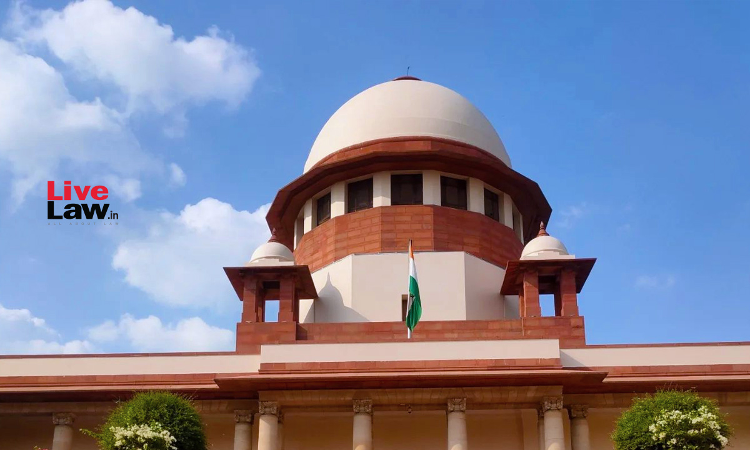Supreme Court Agrees To Hear Plea Challenging Collegium System For Judges' Appointment
Sohini Chowdhury
17 Nov 2022 2:24 PM IST

Next Story
17 Nov 2022 2:24 PM IST
The Chief Justice of India, Justice D.Y. Chandrachud, on Thursday, agreed to list a plea challenging the present collegium system for appointment of judges of the Supreme Court and the High Courts. The petition, in essence, seeks a new mechanism for judges' appointment. The matter was mentioned by Advocate Mathews J Nedumpara before a Bench comprising CJI, Justice D.Y....
